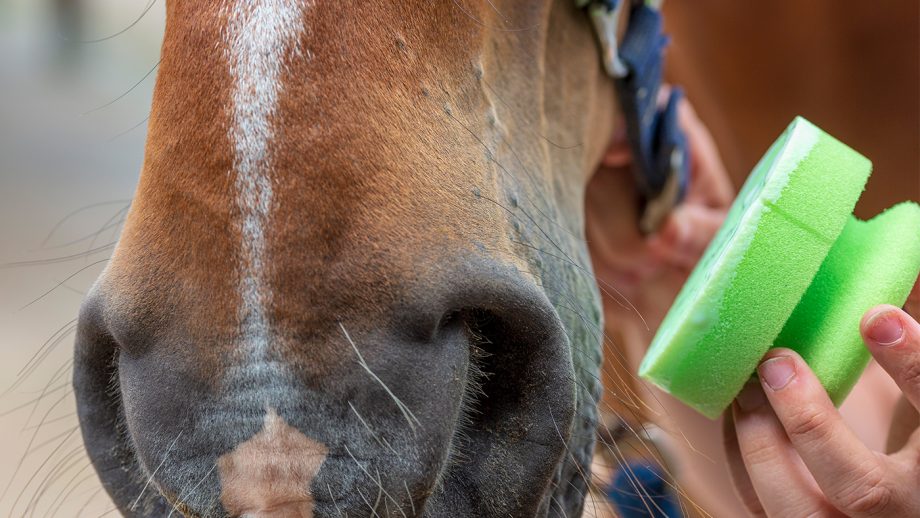The best fly sprays for horses are an absolute lifesaver in the summer months – they are highly effective and long-lasting, which negates the need for constant reapplication.
When it comes to the well-being of our beloved animals, every detail matters. One significant aspect that can impact their comfort and health is the presence of flies and other pesky insects. Flies not only cause irritation to animals but also carry diseases and disrupt their daily routines. In this blog post, we’ll explore the importance of veterinary fly deterrents, their various forms, and how they contribute to maintaining the health and happiness of our furry friends.
The Impact Of Flies On Animals
Flies are more than just a nuisance; they pose significant health risks to animals. They can transmit diseases, cause skin irritations, and even lead to secondary infections due to open wounds caused by constant itching and rubbing. Additionally, flies can stress animals, affecting their behavior, feeding habits, and overall well-being. To ensure the optimal health and comfort of animals, it’s crucial to employ effective fly deterrent strategies.
Forms of Veterinary Fly Deterrents
- Topical Solutions: Topical fly repellents come in the form of sprays, creams, and gels that are applied directly to the animal’s skin or coat. These products contain ingredients like pyrethrin, permethrin, or essential oils that repel flies and other insects. They create a protective barrier on the animal’s skin, keeping pests at bay.
- Fly Sheets and Masks: Fly sheets are lightweight, breathable coverings that provide a physical barrier between the animal and flies. Similarly, fly masks protect sensitive areas such as the eyes, ears, and nose from fly irritation. These accessories not only repel flies but also shield animals from the sun’s harmful UV rays.
- Fly Traps and Baits: In addition to protecting animals, it’s essential to control the fly population in their environment. Fly traps and baits are designed to attract and trap flies, reducing their numbers in barns, stables, and outdoor spaces. These traps use attractants to lure flies in and prevent them from bothering animals.
- Feed Additives: Some feed additives contain natural or chemical compounds that are excreted through an animal’s skin, making it less attractive to flies. These additives are ingested by the animals and work from the inside out to deter flies.
- Environmental Management: Proper sanitation practices, such as cleaning manure, keeping feeding areas tidy, and managing standing water, can significantly reduce the fly population in the animals’ surroundings.

Benefits of Using Veterinary Fly Deterrents
- Enhanced Animal Well-being: By repelling flies, animals experience less stress, reduced itching, and fewer disruptions to their daily routines. This translates to improved overall health and happiness.
- Disease Prevention: Effective fly deterrents help prevent the transmission of diseases carried by flies, safeguarding animals from potential health hazards.
- Reduced Wound Infections: By minimizing the irritation caused by flies, deterrents can reduce the chances of animals developing open wounds that are prone to infection.
- Peace of Mind for Owners: Employing fly deterrent strategies gives animal owners peace of mind, knowing that they are doing their best to protect their pets from unnecessary discomfort and health risks.
Conclusion
Veterinary fly deterrents play a vital role in ensuring the well-being of our animals. By repelling flies and minimizing their impact, these solutions contribute to healthier, happier, and more comfortable lives for our furry companions. From topical treatments to environmental management, the array of options available allows us to tailor our approach to the specific needs of each animal. By staying proactive and informed, we can create environments that promote both animal health and the loving bond we share with our four-legged friends.


